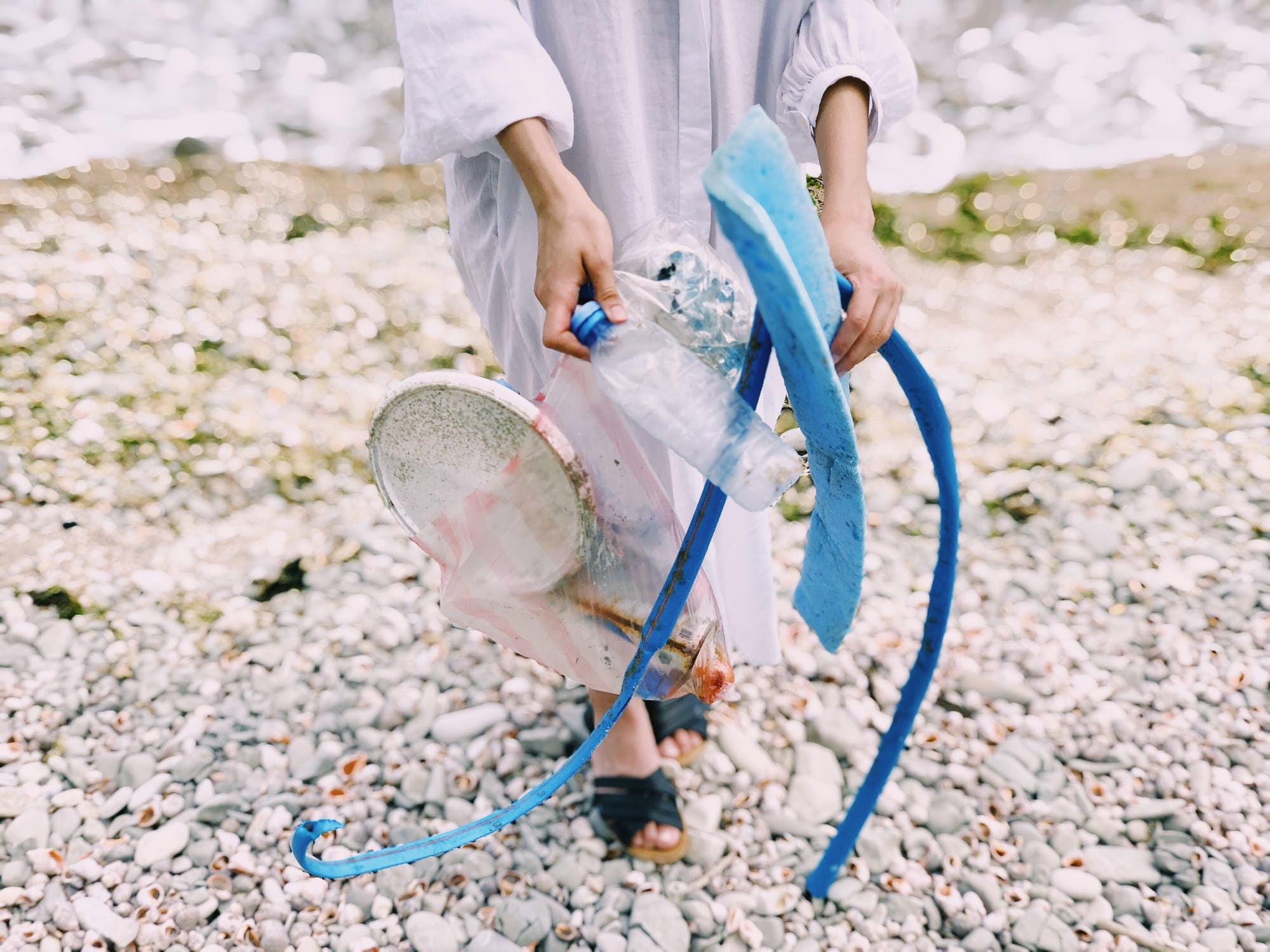A Knowledge Center for Plastics
Every year, more than 8 million tons of plastic waste ends up in the oceans, threatening the marine ecosystem.
Snøhetta, an international architecture, art and design studio, has designed in collaboration with the Nordic Ocean Watch collective, dedicated to ocean’s safeguard, a new center for learning, research and knowledge of marine plastic waste and its consequent impact on Earth.
The Center for the Knowledge of Plastics, based in Sørenga (Oslo), acts as an inspirational hub for finding collective solutions to marine plastic pollution, emphasizing the responsibility that lies on each of us in implementing conscious attitudes in respect of the ecosystem.

A space for learning
The center will be open every day, 24 hours a day, with the aim of intriguing and bringing residents closer to environmental issues by disseminating information on plastic material through a permanent exhibition and communicating as a meeting point for debates and events dedicated to eco-sustainability.
Every day, the facade of the center is populated with plastic waste collected and delivered by schools, making it an educational activity not only addressed to the younger generations but also aimed at the collective attention of citizens, raising awareness and respect for the environment. During the night-time, the space becomes a place of meeting and comparison between activists, idealists and designers who wish to create events and debates whose common theme is the creation of a more sustainable world.
The ambition of the center is by far to understand the value of plastic material, illustrating its life cycle, from the production process to reuse, in order to shift the public’s attitude against used plastic, from considering it as a waste to see it as a precious resource capable of reborn, after it has exhausted the original purpose for which the product was conceived.
Post-consume architecture
Through the Center for the Knowledge of Plastics, Snøhetta wants to propose an eco-sustainable architecture model with efficient use of energy and reuse of materials.
The supporting structure of the center is made up of surplus local materials like end-of-life resources recovered in the industrial areas of the territory. It is designed for easy disassembly, making it a clear example of how architecture can also be part of the circular economy and create sustainable visions.
More specifically, the knowledge center itself floats on top of a platform made from recycled windmill turbine blades, with an underwater observatory in one of the cut-out turbines blades.
This teaches us how the apparent difficulty of recycling and reusing materials represents, instead, an opportunity to study and experiment with highly accessible resources, as they are already in the production cycle. It is just a matter of recognizing their potential.
